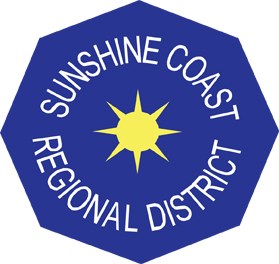The public will have a chance to provide input on proposed changes to bylaws regulating short-term rentals in the rural areas of the Sunshine Coast.
Sunshine Coast Regional District (SCRD) directors voted at a May 23 board meeting to go ahead with the public hearing, which is scheduled for 7 p.m. on June 18 at the Seaside Centre in Sechelt.
Updates to regulations have been in the works since 2012, with recent activity starting in 2017, when a series of staff reports, community consultations and online questionnaires eventually led to first reading of the new draft.
The changes are meant to deal with a shift in the short-term rental accommodations market with the introduction of online platforms such as Airbnb, which make rentals more appealing as sources of income. But that shift has led to a number of concerns, such as problems arising from an increase in rentals without supervision and the risk that more short-term rental accommodations could change the character of neighbourhoods on the Sunshine Coast.
A staff report laying out the changes recommends using an approach similar to Vancouver’s, which “prioritizes housing as homes first and as a commodity second,” and uses that as a the basis for the changes.
Currently, only bed and breakfasts are regulated by the SCRD and are allowed in most commercial, rural and residential zones as an “auxiliary use” to a maximum of five bedrooms, depending on the size of a property. The operator must also be the principal resident and adequate sewage disposal is required.
The updates would see the definition of bed and breakfast expanded to also include short-term rentals, which don’t always have an operator living on the property – something the current definition doesn’t deal with. Short-term rentals don’t, however, include traditional commercial accommodations such as hotels, resorts, or other accommodations such as housekeeping units.
The proposed changes would also require off-site operators to get a temporary use permit.
Other changes include putting a maximum on the amount of time someone can rent a bed and breakfast, keeping it to 30 days. Bedroom sizes are also specified as an “enclosed room or a contiguous floor space for the exclusive use of the B&B occupants,” and the average maximum size would be set at 300 sq. feet (28 sq. metres).
To prevent “party houses,” the new proposals would keep the bedroom limit to five, but add an occupancy limit of two people per bedroom.
The new rules would also see the requirement of a water supply system in addition to sewage disposal.
Directors unanimously voted in favour for the changes at a May 9 committee meeting, where two operators also spoke as a delegation.



